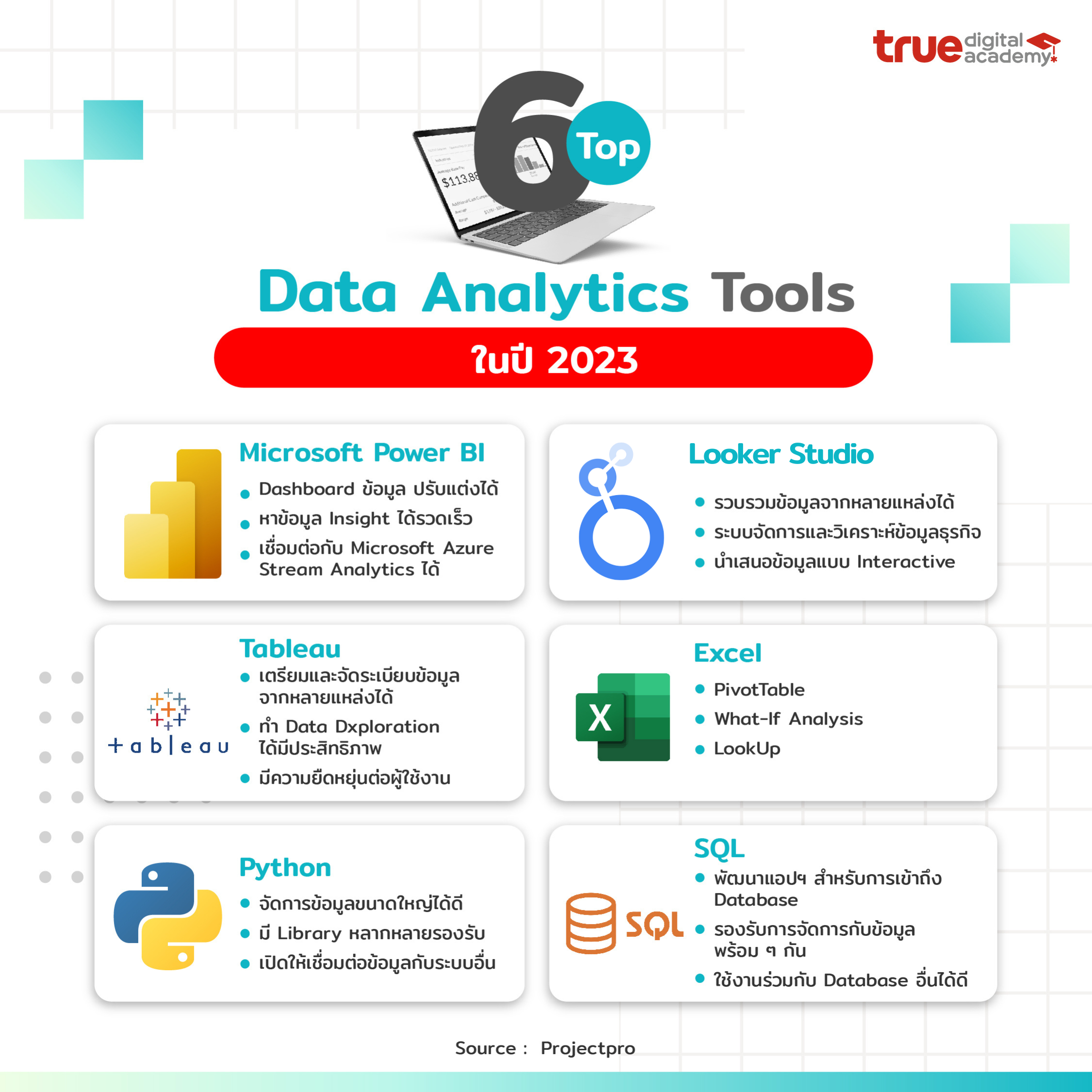Unleash the Full Potential of Information Utilizing Robust Analytics
Unleash the Full Potential of Information Utilizing Robust Analytics
Blog Article
Maximize Development: Exactly How Analytics Drive Better Methods
By harnessing information insights, services can improve their operational strategies, anticipate market modifications, and boost customer interaction. The challenge exists not just in collecting data however in properly translating it to drive concrete end results.
Recognizing Information Analytics
Data analytics is an organized computational evaluation of information that makes it possible for organizations to uncover purposeful patterns and understandings. This procedure incorporates a selection of techniques, including statistical analysis, predictive modeling, and data mining, which collectively intend to transform raw information right into workable details - Analytics. By employing these approaches, organizations can make educated decisions that are rooted in empirical evidence as opposed to intuition alone
The foundation of data analytics hinges on its ability to deal with huge amounts of information from diverse resources. This includes structured data, such as data sources, and disorganized information, including social media sites communications and customer feedback. Through using specialized software and devices, experts can draw out and process this information efficiently, identifying patterns and correlations that might not be instantly apparent.
Understanding information analytics also includes acknowledging the significance of information high quality and stability. Trusted and accurate data is critical for significant analysis; therefore, companies need to execute durable information administration practices. The iterative nature of analytics permits for constant improvement and improvement of methods, making sure that organizations continue to be agile in the face of altering market characteristics and consumer actions.
Key Advantages of Analytics

One of the key benefits of analytics is its ability to offer workable understandings. Organizations can quickly analyze large amounts of data, discovering patterns that may not be promptly noticeable. This aids in expecting market changes and adjusting approaches accordingly. In addition, analytics cultivates a society of evidence-based decision-making, reducing reliance on instinct and uncertainty.
One more significant benefit is boosted consumer understanding. Analytics tools make it possible for organizations to sector their target market, track consumer actions, and individualize marketing initiatives. This targeted technique not only improves consumer interaction but also drives greater conversion rates.

Implementing Analytics Strategies
To totally understand the advantages of analytics, organizations should adopt structured approaches for implementation. This starts with plainly specifying objectives that align with wider organization goals. By developing certain, quantifiable outcomes, companies can focus their analytics efforts on locations that produce the highest roi.
Following, companies ought to focus on data administration to ensure the stability and protection of the information being examined. This involves establishing methods for data collection, storage, and access while adhering to appropriate laws. Making certain premium information is crucial for generating meaningful insights.
Furthermore, promoting a society of data-driven decision-making is important. This needs training staff members to translate analytics findings and encouraging collaboration across departments. When teams comprehend the worth of analytics, they are most likely to incorporate understandings right into their daily operations.
Last but not least, companies should consistently review and improve their analytics methods. The landscape of information and modern technology is continuously advancing, and staying adaptable will allow organizations to leverage brand-new devices and methods successfully. By implementing these organized approaches, companies can maximize the impact of their analytics initiatives and drive lasting growth.
Devices for Efficient Evaluation
Effective analysis relies upon a range of tools that assist in the extraction of understandings from information - Analytics. These devices can vary from basic spread sheet applications to sophisticated maker finding out platforms, each offering a special purpose in the analytical process
Data visualization software application, such as Tableau and Power BI, plays an essential function in transforming complex datasets into reasonable graphical depictions. These devices make it possible for analysts to determine patterns and patterns swiftly, enabling for even more educated decision-making.
Analytical evaluation software program, like R and SAS, provides advanced capabilities for carrying out thorough evaluations, consisting of regression, hypothesis testing, and anticipating modeling - Analytics. These attributes equip organizations to attract significant conclusions from their data, determining possible possibilities and threats
Furthermore, database management systems such as SQL and NoSQL databases supply the necessary facilities for storing and querying large quantities of information effectively. They ensure that data is organized and accessible for evaluation.
Lastly, organization knowledge platforms integrate numerous information resources, giving a detailed view of business performance. By utilizing these tools successfully, services can enhance their logical capabilities, enabling them to develop strategies that maximize development and enhance general performance.
Situation Studies of Success
Effective organizations commonly take advantage of information analytics to drive impactful approaches, as shown by a number of noteworthy case studies. By employing these insights, Netflix has actually efficiently tailored its material suggestions, resulting in raised individual involvement and client retention.

Additionally, Starbucks employs data analytics to figure out ideal shop areas and improve its product offerings. By analyzing client demographics and buying patterns, Starbucks effectively determines high-potential markets and customizes its menu to local tastes, driving sales and customer loyalty.
These case studies illustrate that efficient usage of data analytics can result in tactical advantages, fostering development and growth within organizations across various industries.
Verdict
In final thought, the assimilation of analytics into useful source business techniques considerably improves decision-making procedures and cultivates sustainable development. The reliable application of analytics tools further sustains dexterity and advancement, enabling companies to browse competitive landscapes with better precision.
Data analytics is a methodical computational evaluation of information that allows organizations to discover significant patterns and insights.Recognizing information analytics also includes identifying the significance of data quality and honesty. Precise and reliable data is vital for meaningful analysis; therefore, organizations have to execute durable information administration methods.Next, companies must prioritize data governance to ensure the stability and protection of the information being analyzed.Effective companies often take advantage visit homepage of data analytics to drive impactful methods, as shown by several noteworthy instance studies.
Report this page